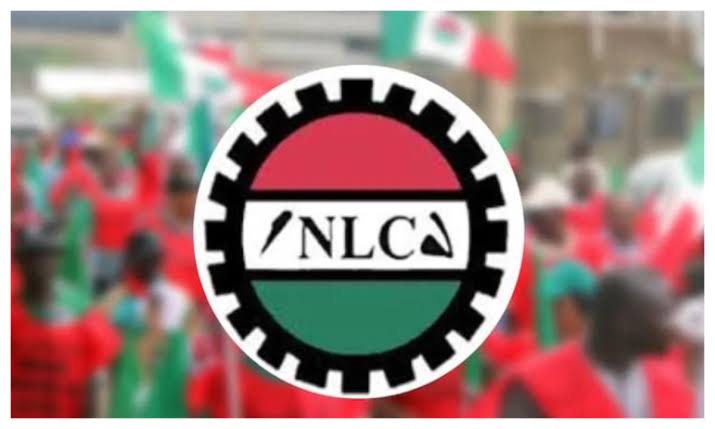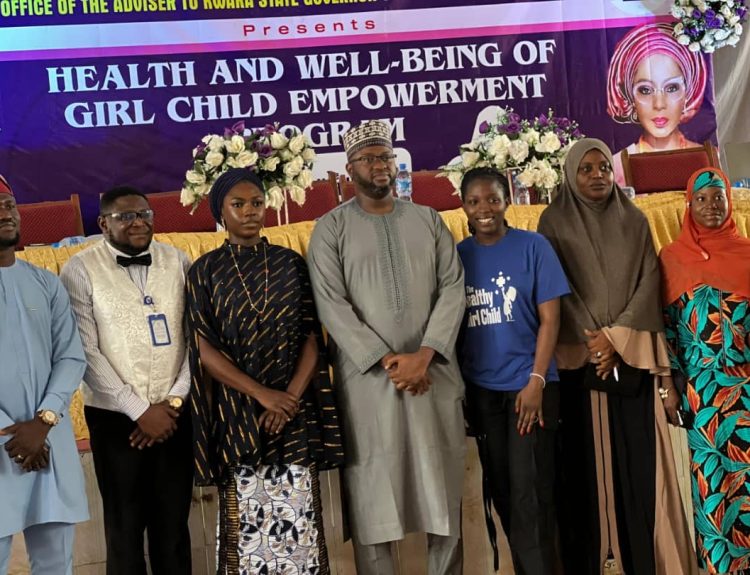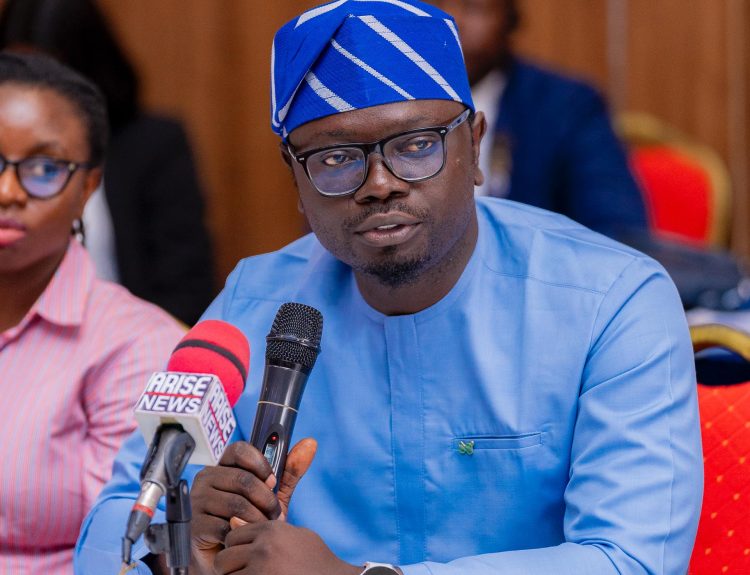The Nigeria Labour Congress (NLC) alongside federal government employees has urgently called for a reevaluation of the national minimum wage, asserting that the current rate of N70,000 is no longer viable.
This demand emerged after numerous states across the nation boldly stepped forward to elevate their workers’ minimum wage above the N70,000 threshold, in light of the prevailing economic challenges.
In separate interviews with the News Agency of Nigeria (NAN), labor unions and workers passionately argued that, given the soaring inflation and escalating costs of food, transportation, housing, and other vital services, the N70,000 minimum wage is no longer adequate for their survival.
It is noteworthy that President Bola Tinubu ratified the new National Minimum Wage Bill in July 2024, enhancing the minimum wage from N30,000 to N70,000.
This revised legislation affects the entire nation, encompassing federal, state, local governments, and the private sector.
Nonetheless, on August 27, 2025, Imo State raised its minimum wage from N70,000 to N104,000, along with corresponding enhancements to the entire salary framework for the state’s civil servants.
Governor Hope Uzodinma remarked that this salary adjustment, reached during discussions with organized labor, was part of the initiative to bolster the welfare of workers.
Even before the commendable move by Uzodinma, several other states had already instituted higher minimum wages for their workforce.
On October 16, 2024, Lagos State’s Governor Babajide Sanwo-Olu proclaimed a minimum wage hike to N85,000, with a commitment to increase it to N100,000 by 2025.
Similarly, Rivers State sanctioned a minimum wage of N85,000 on October 18, 2024, while Bayelsa, Niger, Enugu, and Akwa Ibom states each affirmed a wage of N80,000 for their employees. Ogun and Delta states established a minimum wage of N77,000, Benue and Osun states elevated it to N75,000, and Ondo State set its wage at N73,000.
In a statement to NAN in Abuja on Sunday, the Acting General Secretary of the NLC, Mr. Benson Upah, emphasized that inflation has significantly diminished the purchasing power of the N70,000 minimum wage, rendering countless workers incapable of fulfilling essential needs.
The grim reality is that N70,000 is unsustainable in the current economic climate.
“Workers are experiencing tremendous strain, and without prompt government intervention, the crisis of survival will only intensify.
“We have consistently engaged with the Federal Government regarding this issue at various times and platforms,” he articulated














